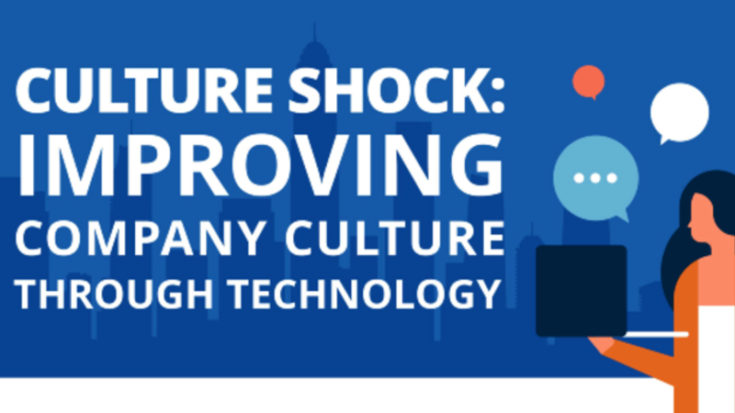Disclosure: This post may contain affiliate links, meaning we get a commission if you decide to make a purchase through our links, at no cost to you. Please read our disclosure for more info.
Last Updated on September 19, 2022 by Work In My Pajamas
An employees’ work ethic and attitude with teammates are an important part of any business. Those abilities are essential when creating a winning organizational culture.
A company’s culture consists of the norms and values found in the workplace, as well as the goals the employees share. When company culture is strong, it can have a tremendous impact on the productivity and morale of the staff. For example, co-workers who have a well-defined understanding of where they fit into the big picture are more likely to work together more efficiently.
When people believe their contributions matter, they tend to feel more satisfied with their careers. Having clear expectations of the company’s values means managers can hire more effectively for the job. Which in turn promotes retention among new employees as well as throughout the organization itself.
Although building a strong corporate culture takes vision and commitment, in the age of remote work, it takes technology as well. Technology plays an important role in collaboration and communication. Web portals and teleconferencing can strengthen culture among employees and allow a collaborative environment to be facilitated, even across multiple offices. Additionally, these tools can create channels for workers to easily communicate feedback, which is important for transparency.
Unfortunately, there is no clear-cut measure for your organizations intangible qualities. This is because no culture is static. It measures the customs, attitudes, and beliefs of the organization. Implementing the right technology to the corporate environment can make a big difference in improving company culture. To learn more about how technology can create a better workplace culture, take a look at the accompanying infographic below.
Infographic created by Halock Security Labs, a cyber security consulting firm.



